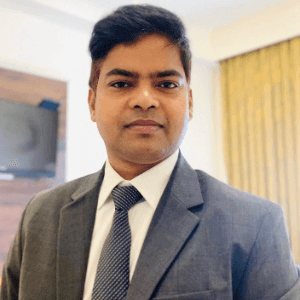Title : Green deconstruction approaches for processing of lignocellulosic crops for sustainable production of production of fuels and chemicals
Abstract:
Biofuels are a drop-in, environmentally nontoxic, biodegradable, and less contaminating alternative to conventional fuels with comparable energy efficiency, with strong potential for lowering CO2 emissions. Cellulosic biomass has immense potential as a renewable feedstock for global energy needs. Bioenergy from traditional biomass such as cereal grains, forestry, and other energy crops constitutes approximately 7% of total global energy consumption. Oils from plants are particularly valued since they can be easily converted to biodiesel and bio-jet, serving markets that are unlikely to be electrified. To this end, bioenergy crops such as sugarcane, energycane, sorghum, and miscanthus are being metabolically engineered to shift the carbon flux from sugar to lipid synthesis and accumulation in their vegetative tissues. The accumulation of energy-rich triacylglyceride (TAG) molecules enhances the energy density of these transgenic bioenergy crops as compared to their wild-type varieties. These metabolically engineered transgenic bioenergy crops can be used to produce both fermentable sugars and lipids/oil. Moreover, extraction of sugars and lipids from cellulosic crops is considered as a limiting factor and involves high costly, non-economic pretreatment method. Thus, herein, we have introduced the concept of bioenergy crops, their natural recalcitrance, and mentioned certain green pretreatment processing methods to extract maximum amount of sugars and oils for sustainable energy development.



